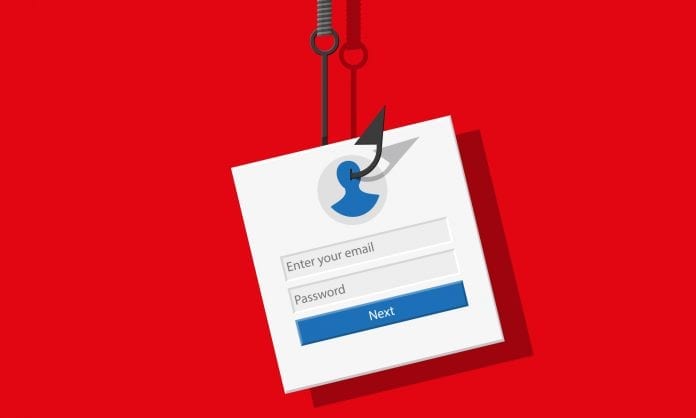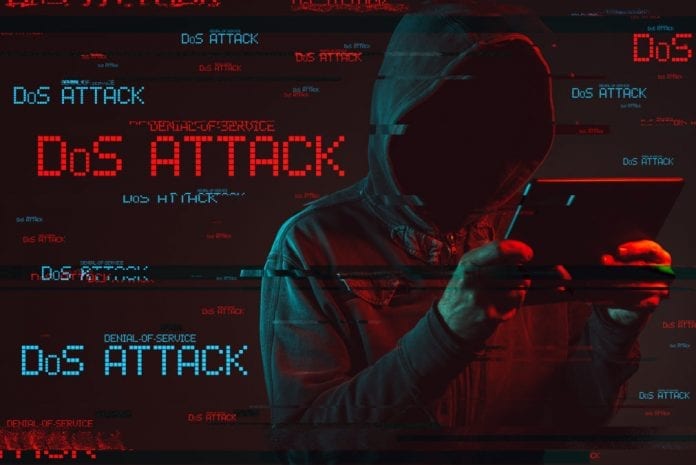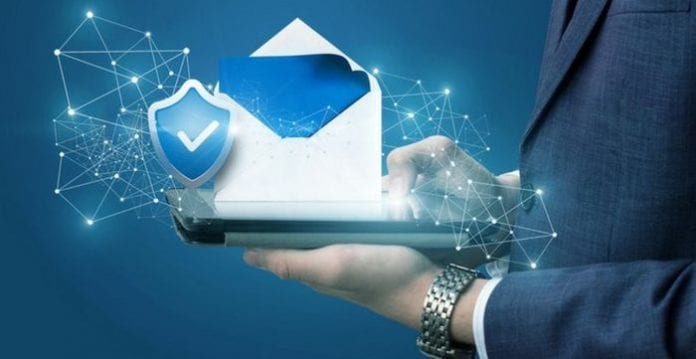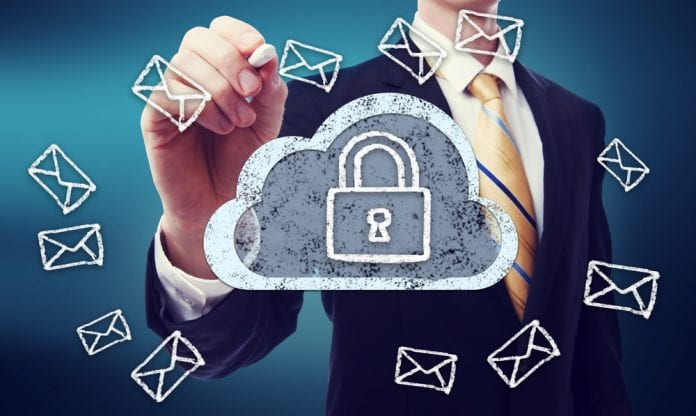Electronic mails have become a huge part of personal and professional communication. In 2018 about 3 billion emails were transmitted every day.
While email has made our lives easier, there are also some dangers associated with this. The most significant threat is the hacker who can easily access email and the information in it while it is being transmitted.
Most companies don’t take email security as a dangerous thing and later regret it when their sensitive information falls into the wrong hands. The hackers then blackmail the money, and the company has no choice but to comply with their demands.

Why are emails so vulnerable?
The World Wide Web is accessible to all. Some use it to do good while some use it to harm. Unethical hackers use their ability to harm.
Use any harm?
Now you must be thinking how an email that goes across in seconds ca
Understanding how emails make their way from one place to another will help you understand why emails are insecure and can harm your company.
Simple Path
Emails use a simple path transmission path. The path can easily be intercepted by anyone who has a basic knowledge of hacking. They can then read your email, edit it, copy it, and even add viruses. If the virus enters your computer, it can cause a lot of destruction.
Multiple servers
When an email is sent from one end to another, it passes through many servers. The information on email is accessible to the server operators’. Hence the information on your email is more exposed then you think it would be. Emails that come to you by other sources can also contain malware that will either destroy your work or give the hacker the ability to control it.
Checkpoint will help you protect your email inbox from threats. It will pre-detect the harm in the email by analyzing them. This way, the virus in the email will not have the minutest chance to enter your system.
Technical attacks that can come your way because of no email security
Email Viruses
These viruses, once entered in your system, can delete all information on your system, it can infect your records and worst hold you hostage. Hence emails that carry these viruses must be predicted before anyone can even open them.
Phishing Emails

These emails look as if they come for established companies. These emails will ask you about your details and while you think that you are giving this the company. In reality, a person will be taking your information. This is one of the most dangerous attacks.
Due to their authentic outlook, employees and often anti-ware software’s don’t detect the danger behind the email. A predictive email security system that analyses the content in the email can save you from these attacks.
DOS attack

Dos attach is the company server bombarded with a lot of emails. This overflow of emails will make the working of the server slow and waste a lot of time. Detecting these emails before they reach the server can save the company from a huge time loss.
These are five reasons to help you understand why you need an email security system.
Email is the biggest threat to your organization
You can catch an employee who tries to steal from you, see the missing files, notice changes in data, and even identify them if cameras are placed around. But how will you identify a thief that comes in invisibly and doesn’t show itself until it has wholly stolen or destroyed things?
This is how malware acts, comes in through emails that come to your organization, and gives your company’s sensitive info to a hacker. You won’t even know for days until a request for money comes in. Hence email security is crucial for your organization’s data safety.
Primary filters are useless
Anti-spam filters that you get free on the internet are unsafe and useless against hackers. They have developed malware that can easily by-pass the firewall you have set up. Also, you can’t blame these firewalls. No one would give you good quality things for free.
A predictive system is better than a reactive mode
Many organizations do have email security, but they are only reactive. This means that once the virus is detected, the system will then take action to stop the malware from entering. However, the malware developed by hackers is strong enough to by-pass the attacks and entre into the system. A predictive email security system, like that of checkpoint, will inform you even before you get a chance to open the email. This will prevent damage that might come your way.
Affect the company’s reputation

If the company’s information is leaked somewhere online, it can cause massive damage to the company. The clients will doubt their work confidentiality and hesitate to do any dealings with them. Email security will help you prevent such disasters.
Competitors can take advantage of the weak system
Competitors are always looking to get a hold of your company data. Using that information, they can make a better offer to your clients or damage your work. If you don’t have an email security system, this will become way too easy for them.
Other ways to ensure email security

Educate your employee
- All employees should be aware of the email security policies so that you can reduce human error.
- The employees should be taught how to detect emails that may contain these viruses.
- It would help if you also told you, employees, to change their password every once in a while
- Employees should strictly be told never to share their passwords with anyone.
Lastly, they should not do any company related work when they are connected to public Wi-Fi.
Conclusion
Having email security is a necessity for organizations today. It is a company’s responsibility to protect their data, their employee’s data, and the client’s data. A breach can cost the organization its reputation, current, and future clients.
Businesses are increasingly looking for an email security provider’s help. Trustifi is a complete email security platform that gives clients across practically every industry, even those with strict regulations, access to flexible and affordable Gmail encryption alternatives.
It is best to prevent problems from happening rather than looking for a solution after the damage has been done.









